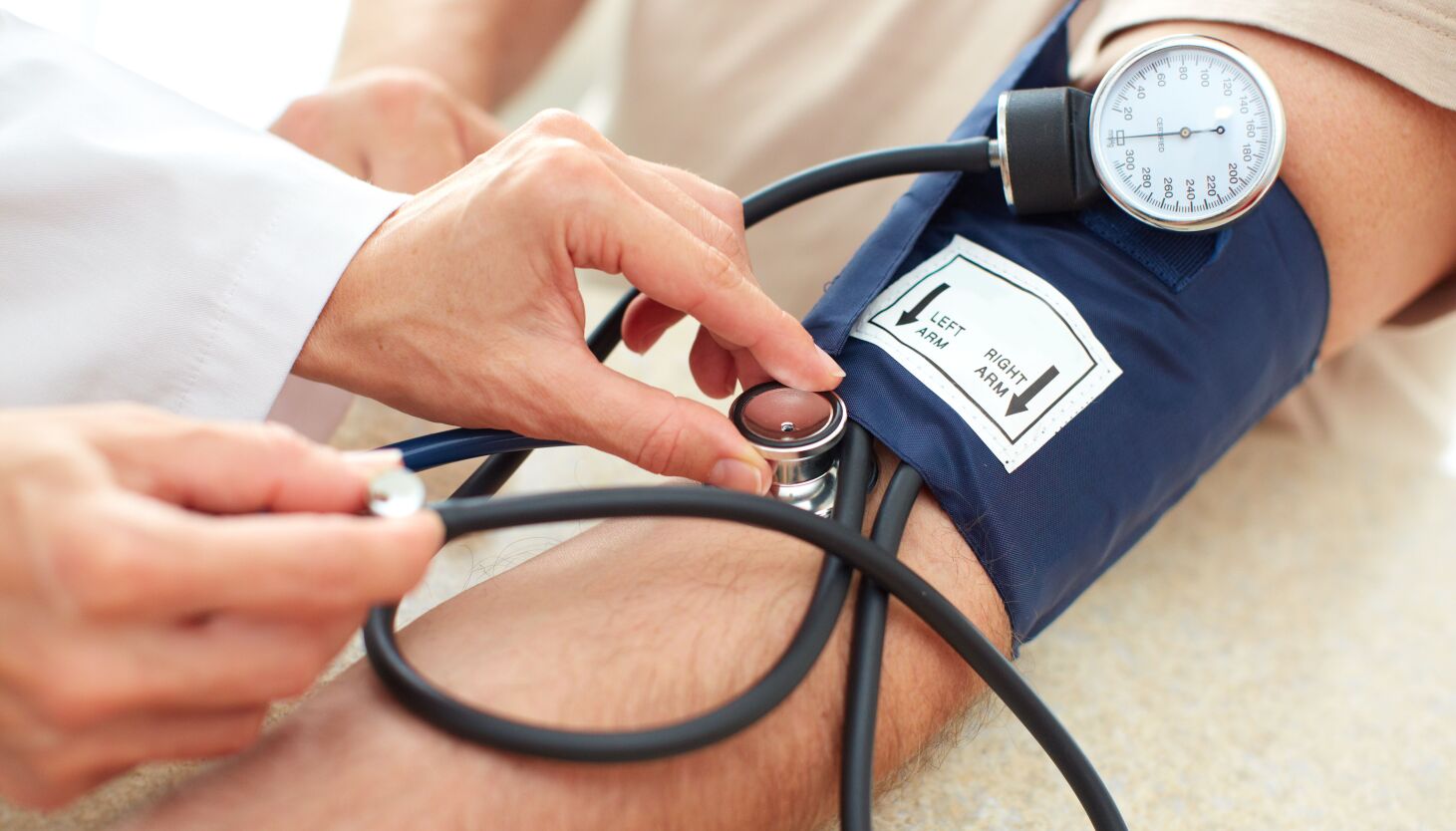Blood
Do you have high blood pressure? WHO says millions don’t know they have it
As many as 80% of adults worldwide who have high blood pressure are not aware they’re living with a “silent killer,” according to the World Health Organization.
This week, the global public health agency released its first-ever report on hypertension’s toll, including suggestions for how to stop it, timed to coincide with the 78th session of the United Nations General Assembly looking at progress on its sustainable development goals. The agency said controlling hypertension is crucial to progress on its other health goals.
According to WHO, one-third of adults worldwide have high blood pressure, with more than 75% of them living in low- and middle-income countries.
What is hypertension?
Hypertension can lead to stroke, heart attack and heart failure. The common condition can ravage kidneys and cause other health problems, as well. A 2020 study in Lancet called high blood pressure “the single most important risk factor for early death,” the health agency said.
Hypertension is blood pressure of 140/90 mmHg, or millimeters of mercury, or higher. It’s a category that also includes people who are taking medication without which the pressure would exceed that level. And WHO said the number of people who have the condition doubled from 1990’s 650 million people to 1.3 billion in 2019.
“The bottom line here is that the world’s most deadly condition is also the most neglected,” Tom Frieden, former director of the Centers for Disease Control and Prevention and the president and chief executive of the nonprofit Resolve to Save Lives, told The Washington Post. “This neglect results in millions of people dying preventable deaths, and having preventable heart attacks and strokes, every year.”
Treating hypertension
Among risk factors are older age, genetics, and risk factors that can be controlled, including a high-salt diet, inactivity, smoking and excessive alcohol consumption. The agency in a news release said that “eating a healthier diet, quitting tobacco and being more active can help lower blood pressure.”
Medication may be needed, the report said, noting that “the economic benefit of improved hypertension treatment programs outweigh the costs by about 18 to 1.”
WHO estimated that treating patients worldwide with the same consistency and effectiveness as is found in “high-performing countries could prevent 76 million deaths, 120 million strokes, 79 million heart attacks and 17 million cases of heart failure between now and 2050.”
The World Health Organization in 2020 created a “Hearts” technical guidance package, which is “risk-based cardiovascular disease management” that can be implemented in any country and could guide primary health care efforts. Its modules include healthy lifestyle counseling, evidence-based treatment and access to important medicines and technology.
It also offers technical advice for providers on how to manage the treatment.

